Is America's quest for high-speed trains finally picking up steam?
New projects in California, Texas, Florida and beyond could bring high-speed trains to a city near you sooner than you expect


A free daily email with the biggest news stories of the day – and the best features from TheWeek.com
You are now subscribed
Your newsletter sign-up was successful
It's been more than fifty years since President Lyndon B. Johnson signed the High-Speed Ground Transportation Act into law, lauding the "technological miracles in our transportation" with "one great exception." In spite of "airplanes which fly three times faster than sound," America remained stuck with "the same tired and inadequate mass transportation" of decades past. Five years later, the National Railroad Passenger Corporation assumed control of the bulk of America's commercial rail travel, operating under the name for which it is now known best: Amtrak. But while a Department of Transportation timeline of the intervening decades lists plenty of corridors designated and groundwork laid for America's perennially forthcoming next-generation rail network, the United States remains far behind much of the world when it comes to the mass adoption of high-speed trains.
When notorious train-lover President Biden signed his $1.2 trillion dollar bipartisan infrastructure bill into law in 2021, he predicted that "historians are going to look back at this moment and say, 'That's the moment America began to win the competition of the 21st century.'" With the bill's billions of dollars earmarked for train travel, does this mean the United States is finally on the cusp of a high-speed revolution?
What the commentators said
California's ongoing effort to link the Los Angeles region with San Francisco remains the country's first and highest-profile high-speed rail project, but it's Florida that's led the way in actually delivering a new generation of intercity train transportation. There, the Brightline company is set to open a new high-speed line connecting Orlando with South Florida — a step marking "the first private entity to deliver the intercity rail system since Henry Flagler built the railroad more than a century ago," according to Fox 35 Orlando. While the company has "operated much like a commuter service" since it launched a Miami-West Palm Beach line five years ago, the Orlando station will mark the "nation's first non-Amtrak passenger train link between two metro areas in four decades" thanks to a hefty "$6 billion in private investment," The Washington Post reported. According to Brightline, the September opening has been delayed by "a few more days."
The Week
Escape your echo chamber. Get the facts behind the news, plus analysis from multiple perspectives.

Sign up for The Week's Free Newsletters
From our morning news briefing to a weekly Good News Newsletter, get the best of The Week delivered directly to your inbox.
From our morning news briefing to a weekly Good News Newsletter, get the best of The Week delivered directly to your inbox.
California, meanwhile, is moving forward with multiple high-speed rail projects including its massive, decades-long Central Valley construction. Last month California High-Speed Rail Authority's Board of Directors announced the "first part of a two-step procurement process" to secure trains "capable of operating at 220 mph and tested up to 242 mph" according to a press release. The goal is to have enough trains running "by the end of 2030 to support revenue operations on the 171-mile Merced to Bakersfield section." California is also looking to begin construction on a Brightline route between the LA metro area and Las Vegas with "possible passenger operations in time for the 2028 Summer Olympics in Los Angeles," according to the Post.
The quest for new high-speed trains isn't limited to the coasts, either. Early last month Amtrak and Texas Central Partners announced in a press release their exploratory partnership to "advance planning and analysis work associated with the proposed Dallas-Houston 205-mph high-speed rail project." According to Popular Science, the Texas line could "remove an estimated 12,500 cars per day" with an overwhelming majority of recently surveyed travelers" suggesting "they would ride such a form of transportation 'in the right circumstances.'"
What next?
With many high-speed rail projects mired in legal, financial, and technical challenges, Amtrak is moving forward with a new fleet of speedier trains. In a press release, the organization said it expects to debut 28 new "next-generation" trains on its Acela line in the northeast corridor sometime in late 2024. These trains, running 10 miles per hour faster than their predecessors, will remain slower than other high-speed projects, since they run on "conventional tracks shared with other intercity, commuter and freight trains," the Post reported.
While this all represents a significant step forward for America's languishing railway system, it's merely "a down payment on literally decades of underinvestment," Rail Passengers Association president Jim Mathews told NBC. "We are catching up on stuff we should have been paying for."
A free daily email with the biggest news stories of the day – and the best features from TheWeek.com
Rafi Schwartz has worked as a politics writer at The Week since 2022, where he covers elections, Congress and the White House. He was previously a contributing writer with Mic focusing largely on politics, a senior writer with Splinter News, a staff writer for Fusion's news lab, and the managing editor of Heeb Magazine, a Jewish life and culture publication. Rafi's work has appeared in Rolling Stone, GOOD and The Forward, among others.
-
 The President’s Cake: ‘sweet tragedy’ about a little girl on a baking mission in Iraq
The President’s Cake: ‘sweet tragedy’ about a little girl on a baking mission in IraqThe Week Recommends Charming debut from Hasan Hadi is filled with ‘vivid characters’
-
 Kia EV4: a ‘terrifically comfy’ electric car
Kia EV4: a ‘terrifically comfy’ electric carThe Week Recommends The family-friendly vehicle has ‘plush seats’ and generous space
-
 Bonfire of the Murdochs: an ‘utterly gripping’ book
Bonfire of the Murdochs: an ‘utterly gripping’ bookThe Week Recommends Gabriel Sherman examines Rupert Murdoch’s ‘war of succession’ over his media empire
-
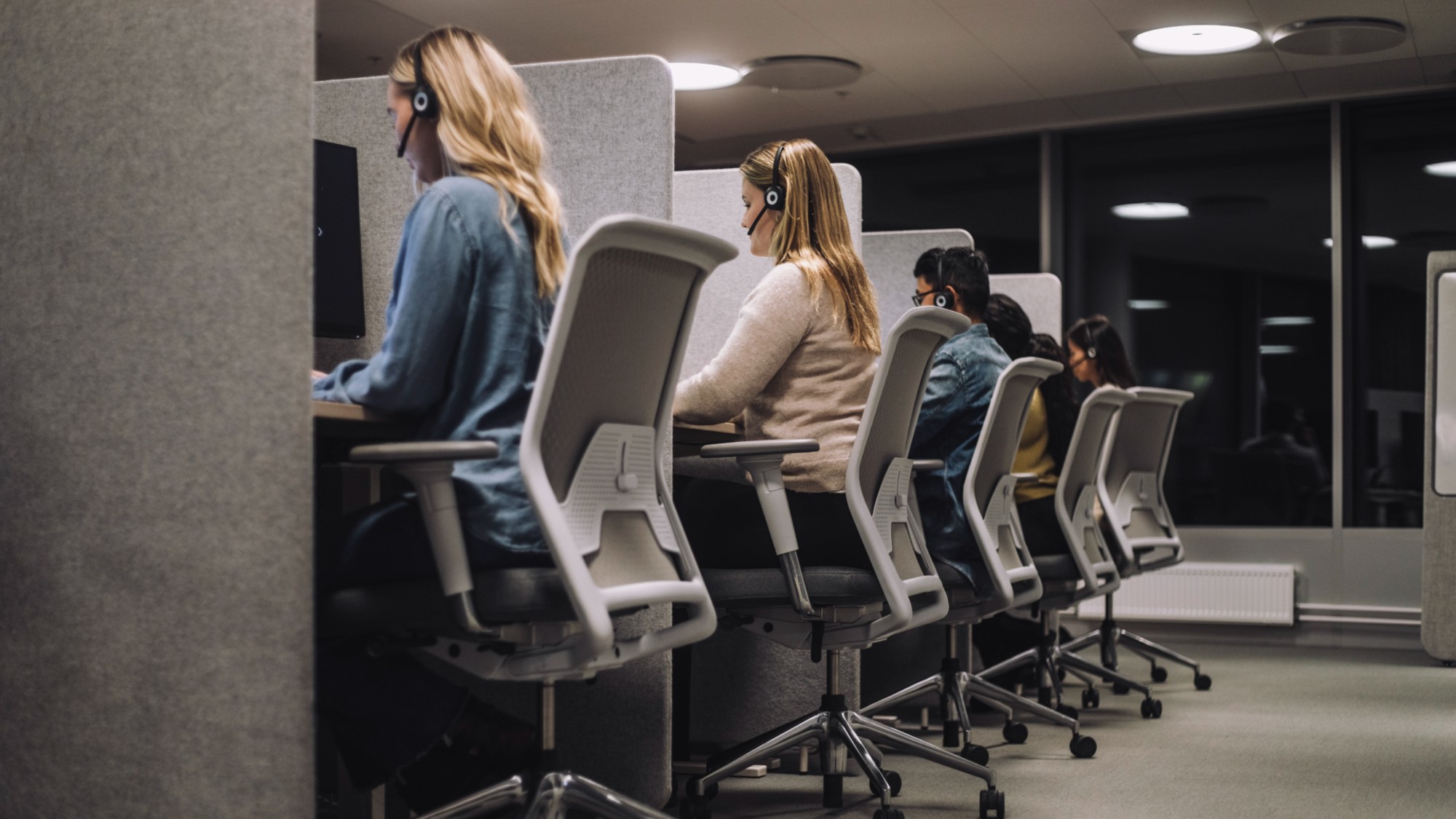 'These businesses have appealed to generations'
'These businesses have appealed to generations'Instant Opinion Opinion, comment and editorials of the day
-
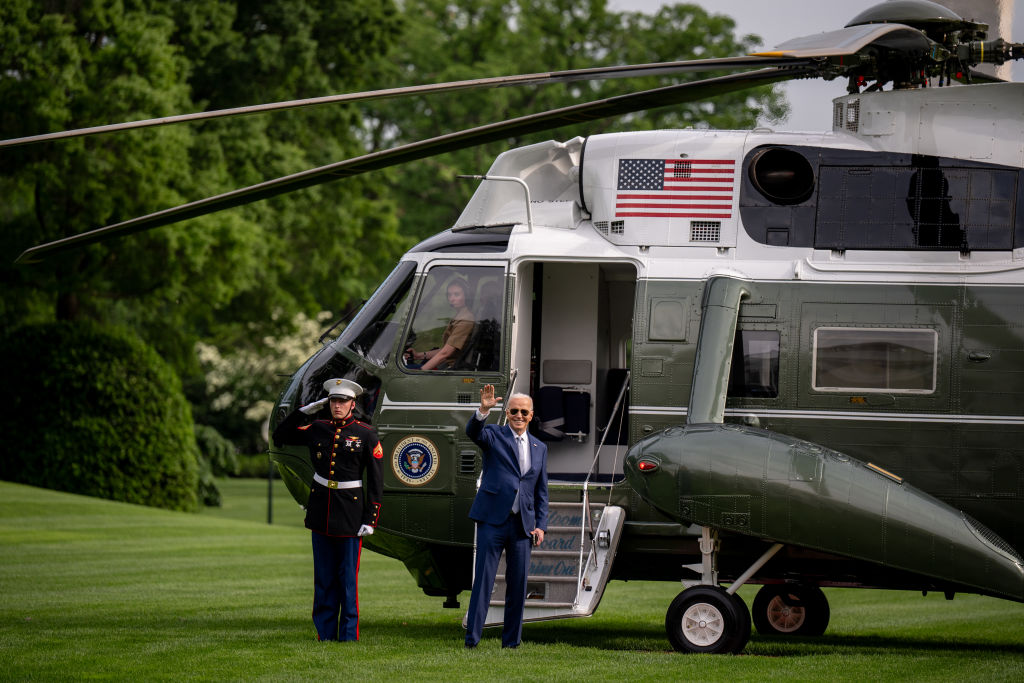 'Biden's hit a pothole'
'Biden's hit a pothole'Instant Opinion Opinion, comment and editorials of the day
-
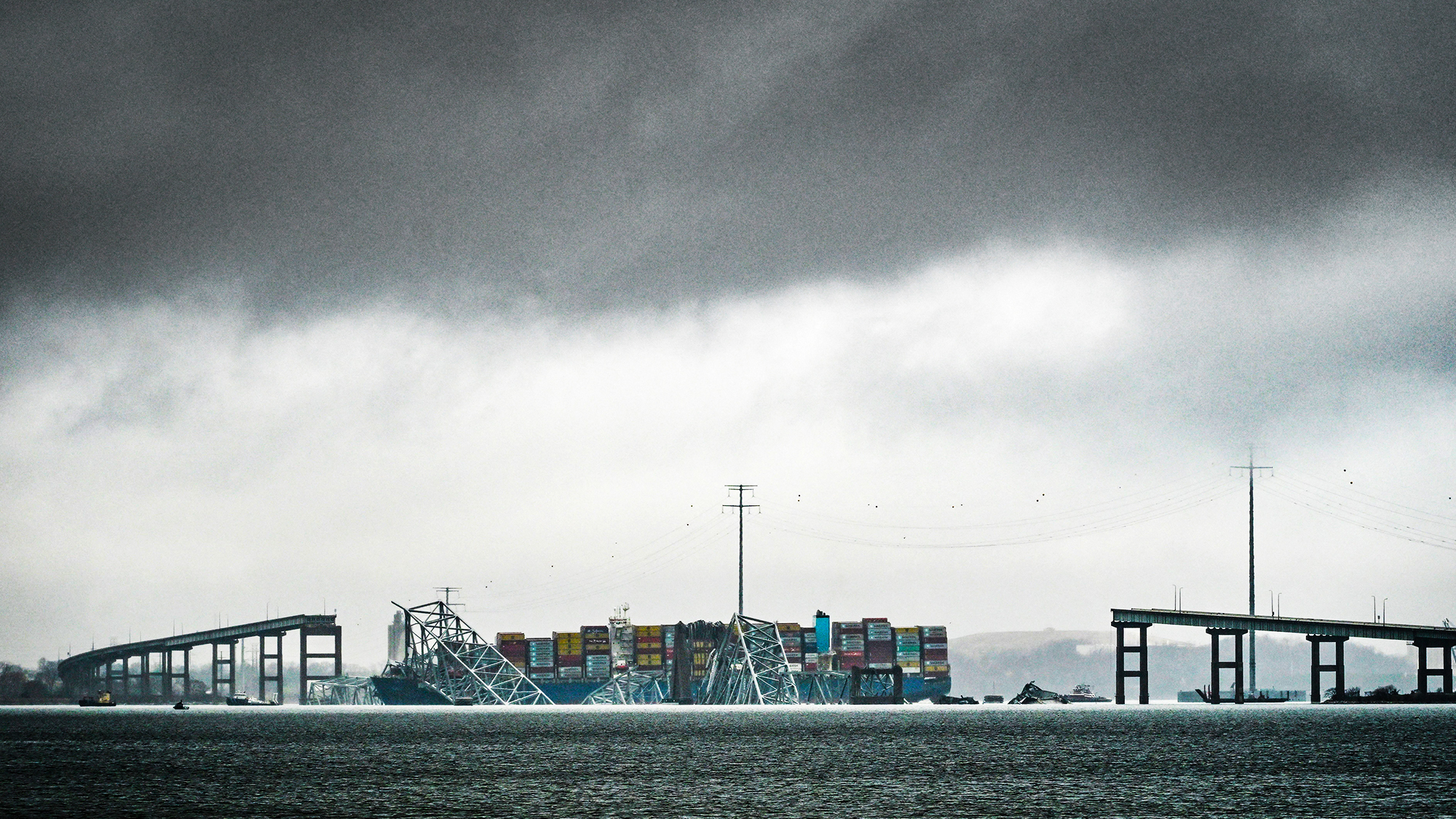 Baltimore bridge disaster: Who is going to pay and how?
Baltimore bridge disaster: Who is going to pay and how?Today's Big Question Politicians, legal experts, and the insurance industry are all grappling with the financial fallout of America's worst infrastructure tragedy in years
-
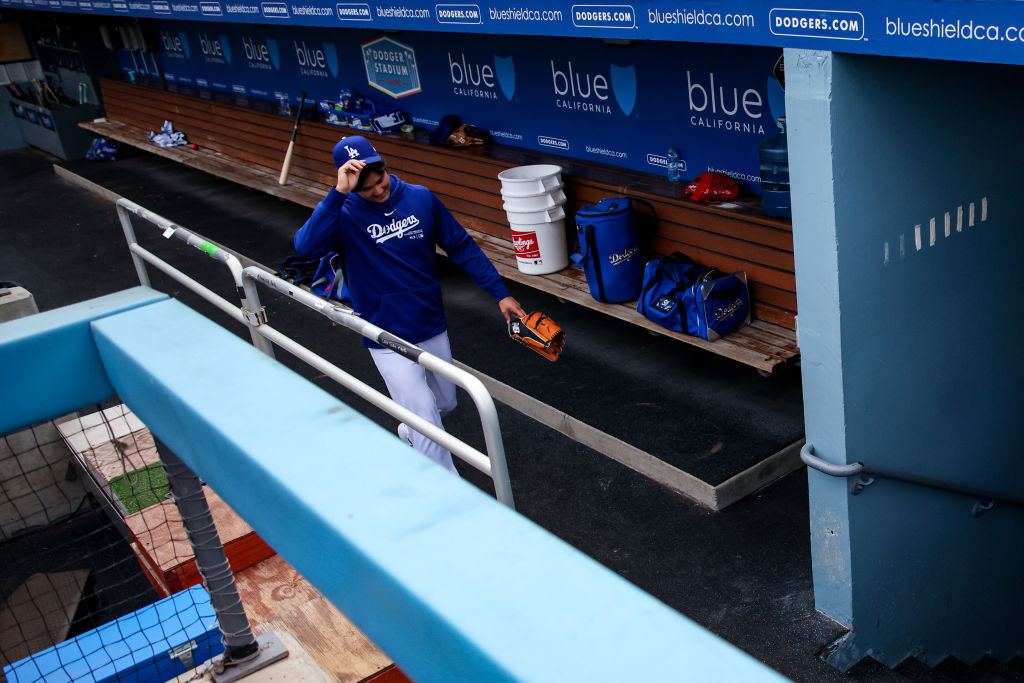 'Sports executives ushered a fox into the henhouse'
'Sports executives ushered a fox into the henhouse'Instant Opinion Opinion, comment and editorials of the day
-
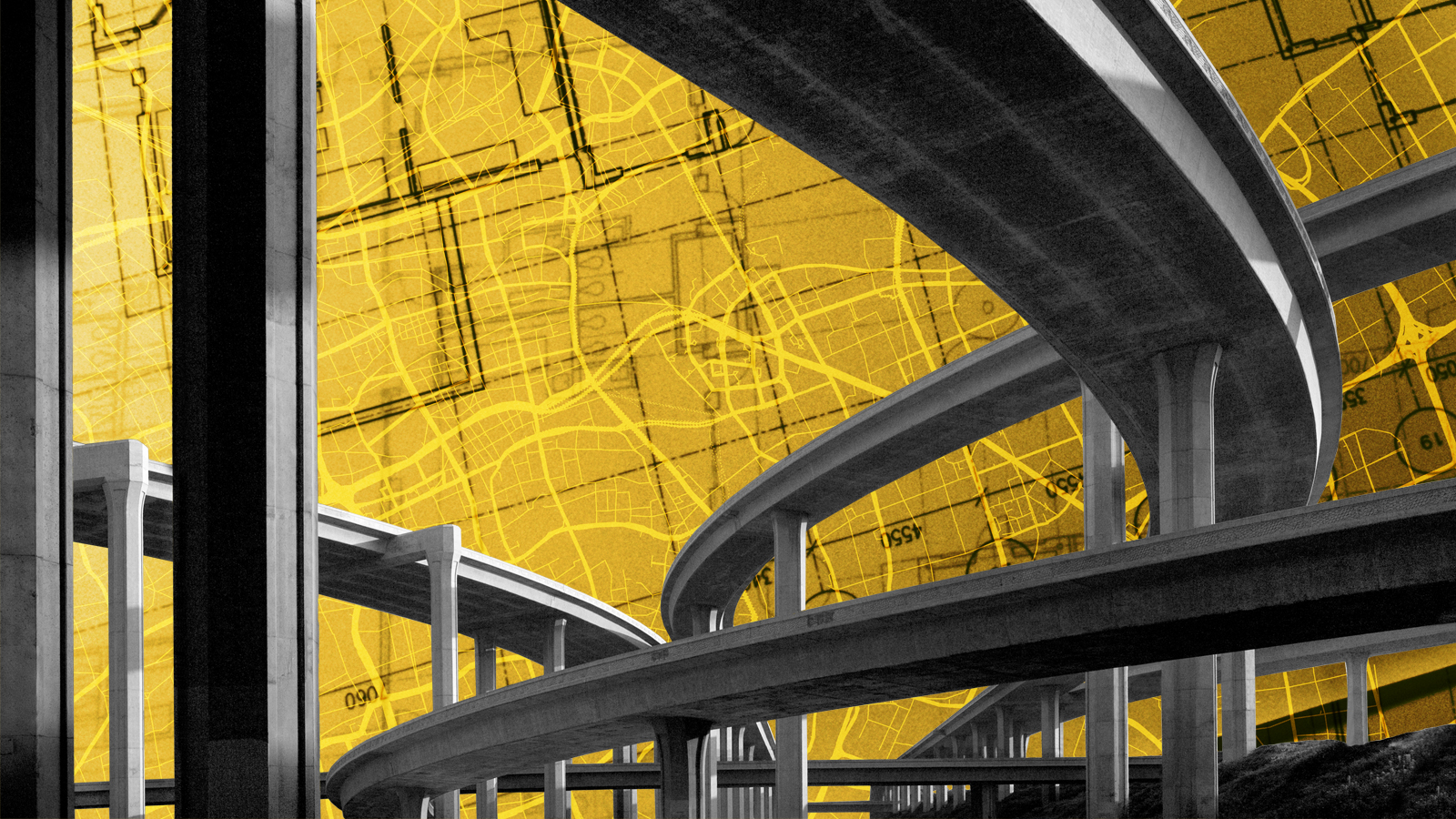 What presidential candidates are saying about America's crumbling infrastructure
What presidential candidates are saying about America's crumbling infrastructureTalking Point What are those vying for the White House planning to do?
-
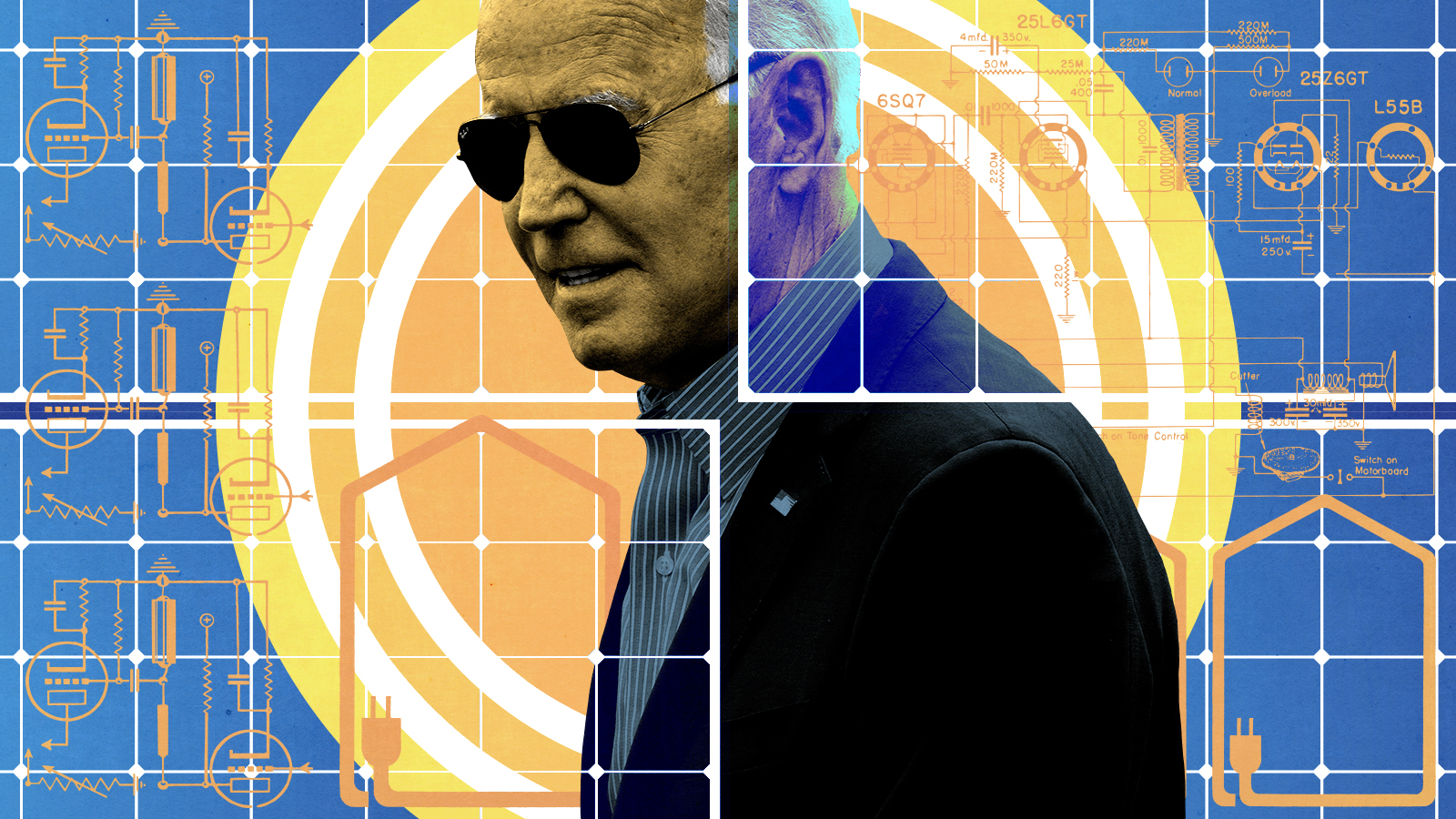 The controversy over Biden's solar energy plan
The controversy over Biden's solar energy planopinion The sharpest opinions on the debate from around the web
-
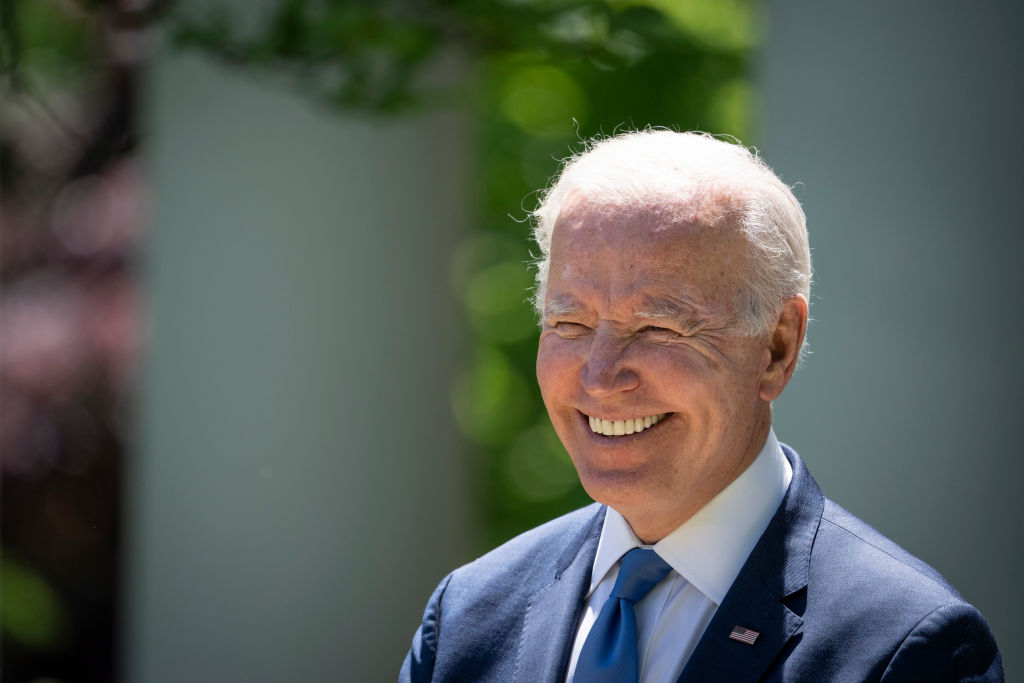 Biden announces free internet for millions of low-income Americans
Biden announces free internet for millions of low-income AmericansSpeed Read
